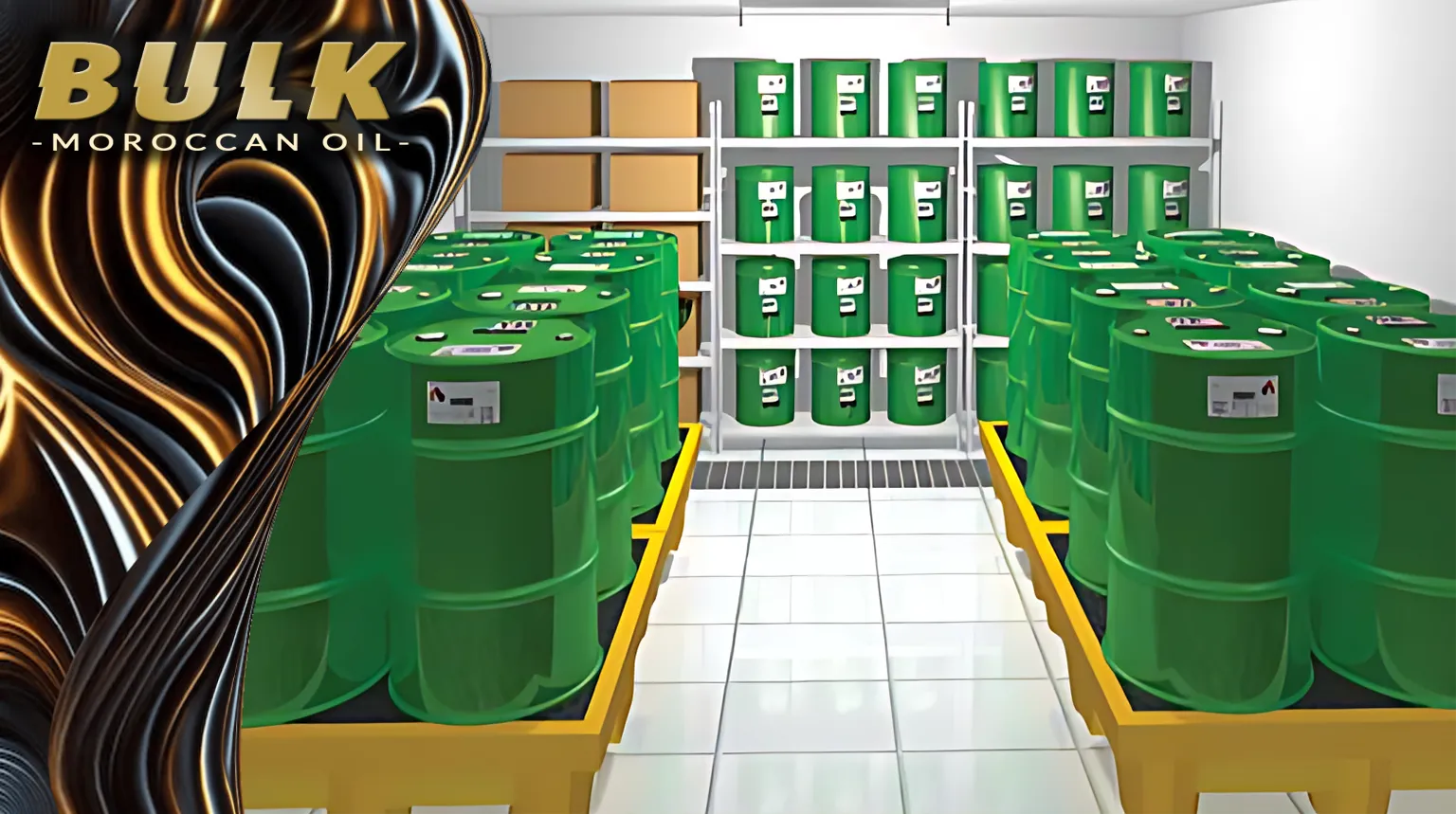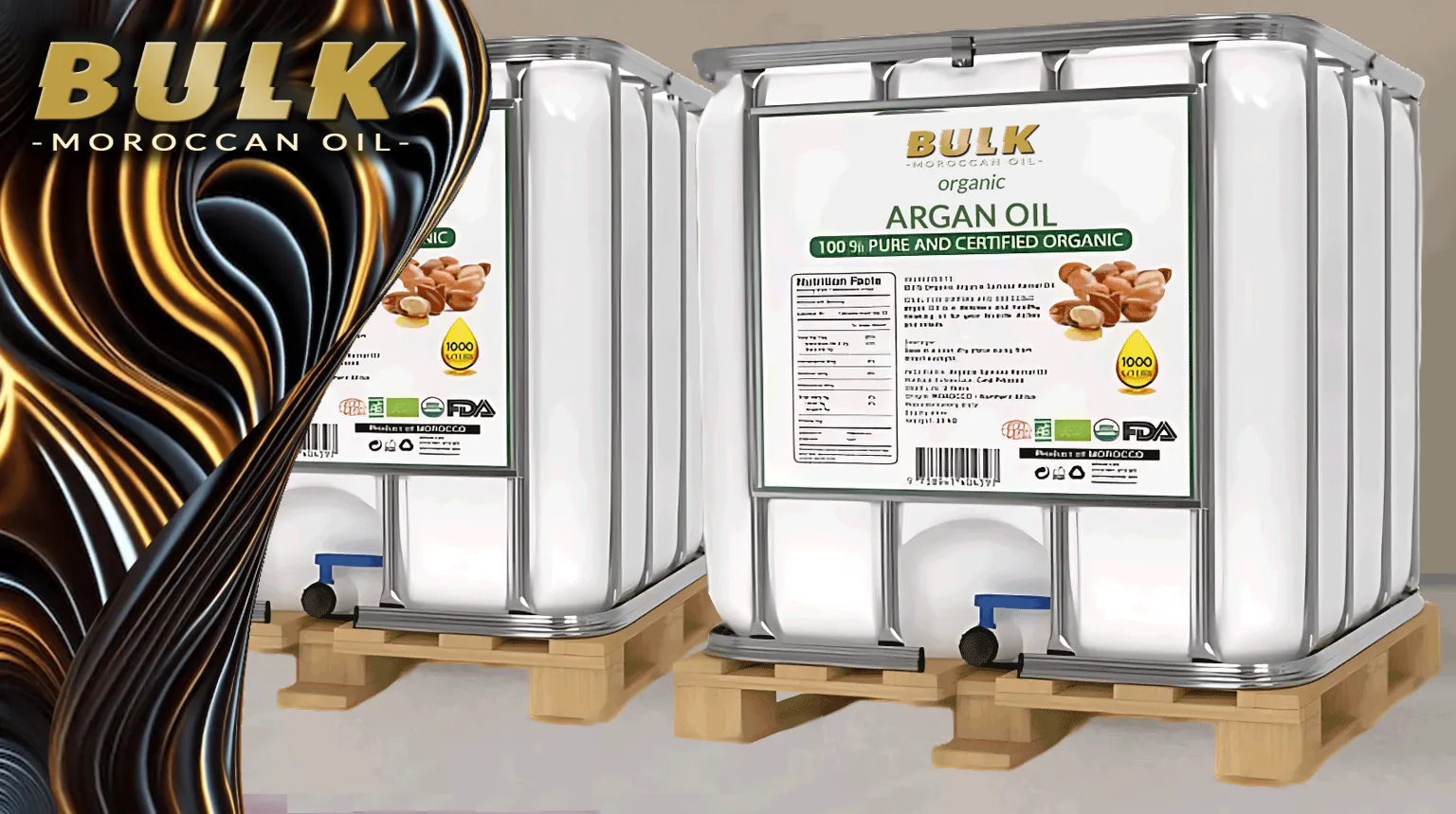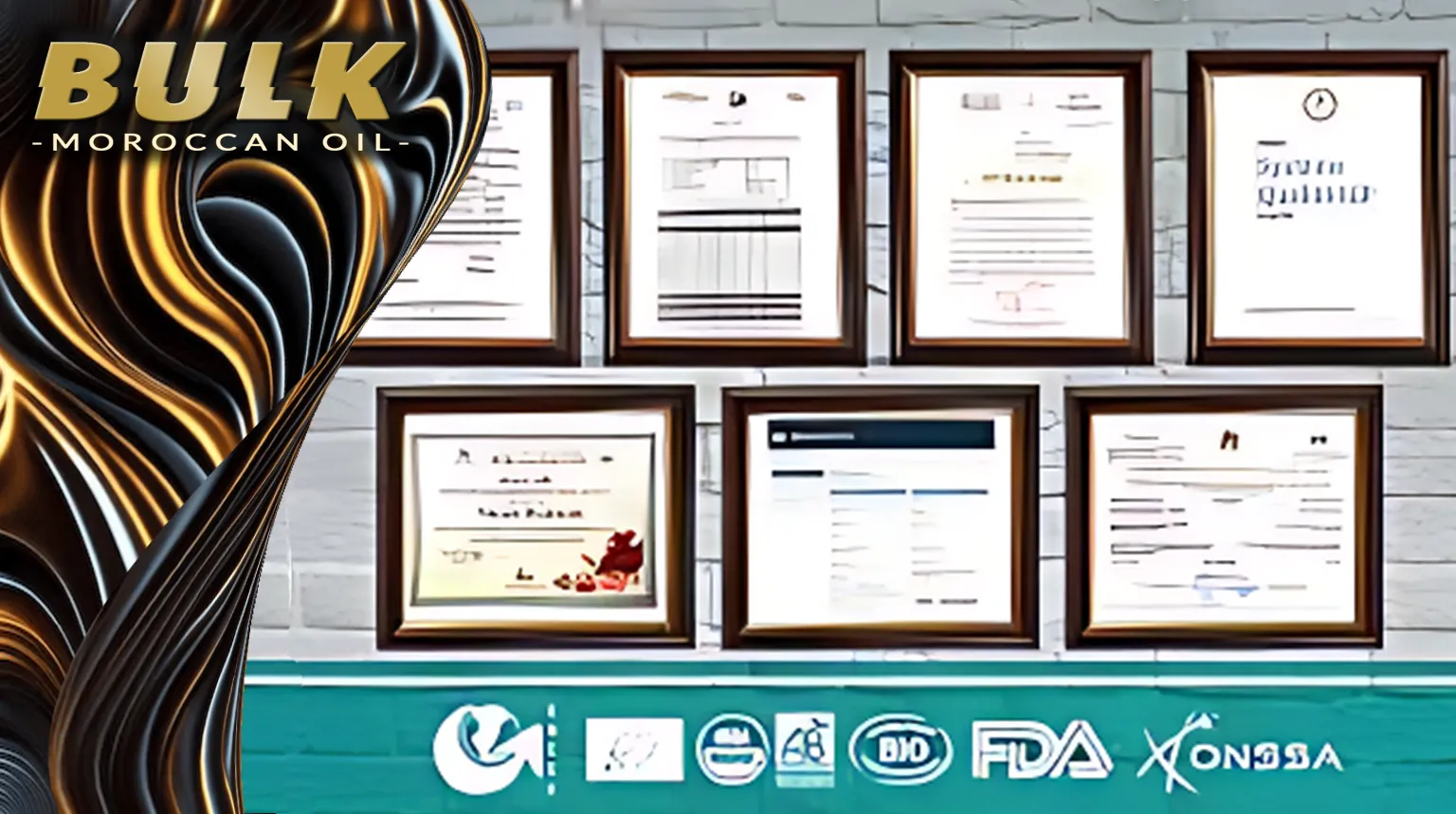Logistics and Inventory Management in Your Wholesale Business Supply Chain
The wholesale business is a critical link in the supply chain, serving as the intermediary between manufacturers and retailers. This sector requires a deep understanding of logistics, inventory management, and effective supply chain strategies to ensure success. This article is an essential read for business owners looking to refine their wholesale operations and logistics, offering insights, tips, and real-world examples to help them stay competitive and meet customer expectations.
Content:
- What Are the Core Fundamentals of a Wholesale Business?
- How Can You Identify and Cater to Your Target Market?
- Why Is Sourcing Suppliers and Building Relationships Vital to Wholesale Success?
- What Are the Best Practices for Inventory Management and Forecasting?
- How Can You Streamline Order Fulfillment and Improve Your Logistics?
- Why Is Efficient Supply Chain Management Critical in the Wholesale Industry?
- How Does Timely Delivery Impact Customer Satisfaction?
- What Role Does Cost Optimization Play in Profitability for Wholesale Businesses?
- How Can Inventory Management and Demand Forecasting Enhance Logistics Efficiency?
- What Strategies Can Reduce Lead Times and Streamline Wholesale Operations?
This blog is brought to you by BULK Moroccan Oil, your wholesale supplier for pure organic Argan oil.

What Are the Core Fundamentals of a Wholesale Business?
The essence of wholesale revolves around purchasing goods in bulk at a reduced cost and selling them to retailers or other businesses. This model relies on economies of scale to achieve broader market reach and potential for higher profits, but it also demands effective logistics management to navigate unique challenges.
How Can You Identify and Cater to Your Target Market?
Identifying your target market requires thorough market research and analysis of industry trends. By understanding customer needs and preferences, wholesale distributors can tailor product offerings and marketing strategies to meet market demand, ensuring successful sales and customer retention. Content marketing enhances visibility and trust, showcasing the reliability of operations.
Why Is Sourcing Suppliers and Building Relationships Vital to Wholesale Success?
The backbone of a thriving wholesale operation is a solid network of reliable suppliers who can consistently deliver quality products. Building long-term relationships with suppliers ensures favorable pricing when buying goods in timely delivery and can lead to advantageous discounts and terms.
What Are the Best Practices for Inventory Management and Forecasting?
Efficient warehouse management is crucial for small businesses navigating wholesale operations. Efficient inventory management entails tracking stock levels and using inventory management software to forecast demand accurately. This helps prevent stockouts and overstocking, which can result in lost sales or increased carrying costs, and ultimately supports smoother wholesale business operations.
How Can You Streamline Order Fulfillment and Improve Your Logistics?
Consider adopting logistics providers with competitive rates and efficient tracking systems to streamline order fulfillment. Automation and real-time inventory visibility can lead to smoother operations, boosting customer satisfaction and trust through timely communication about order statuses.
Why Is Efficient Supply Chain Management Critical in the Wholesale Industry?
Supply chain management is imperative for seamless wholesale operations involving transportation, warehousing, and order fulfillment coordination. An optimized supply chain provides a competitive advantage by enhancing operational efficiency and responsiveness to market demands. This means real-time information, accurate sales data, and a track inventory system.
How Does Timely Delivery Impact Customer Satisfaction?
Order management plays a pivotal role in streamlining logistics and meeting customer demands. Timely delivery is now a standard expectation set by industry leaders such as Amazon. Meeting or surpassing these expectations with an effective logistics system can greatly improve customer satisfaction and contribute to the success and reputation of a wholesale business. Shipping can be outsourced, but sometimes it is better to do it yourself.
What Role Does Cost Optimization Play in Profitability for Wholesale Businesses?
Logistics can significantly influence profitability by reducing transportation and warehousing costs. Employing strategic inventory management and streamlining processes can reduce costs, allowing businesses to operate on thinner margins while remaining competitive.
How Can Inventory Management and Demand Forecasting Enhance Logistics Efficiency?
Timely reordering of raw materials is essential to maintain a seamless supply chain. A coherent inventory management and demand forecasting approach can prevent logistical hurdles such as stockouts and excess inventory. This entails aligning inventory levels with predicted demand, ensuring products are available when needed, and optimizing logistic operations.
What Strategies Can Reduce Lead Times and Streamline Wholesale Operations?
Optimizing warehouse capacity, employing efficient order processing methods, and managing order quantities effectively can reduce lead times. Improved efficiency in these areas enhances the end-to-end distribution process, benefiting the overall speed and reliability of deliveries.
Conclusion: Perfecting Your Wholesale Strategy
The complexities of wholesale operations and logistics cannot be understated. Mastering these elements is essential for any wholesale business aiming to excel in today’s dynamic market. By emphasizing the importance of building strong supplier relationships, implementing robust inventory management practices, and optimizing every step throughout the supply chain, businesses can create a competitive advantage that leads to sustained growth and customer loyalty.
Staying attuned to the pulse of your customer expectations, maintaining real-time visibility into your inventory, and harnessing the power of technological advancements to streamline operations will propel your wholesale venture toward efficiency and better inventory turnover. Ultimately, the commitment to continuously refine your logistics and inventory management strategies will dictate your ability to adapt, compete, and thrive in the fast-paced world of wholesale distribution. Remember, success lies in the details, and with these guidelines, you’re well on your way to crafting a wholesale operation that excels in logistics prowess and meets the ever-evolving demands of the marketplace.
Key points:
- Solid supplier relationships ensure product availability and can improve terms.
- Implementing inventory management systems prevents stock issues and enhances forecasting.
- Streamlining order fulfillment processes is key to operational efficiency.
- Timely delivery and customer satisfaction are closely related in wholesale logistics.
- Cost optimization through strategic logistics management boosts profitability.
- Reducing lead times and efficiently managing inventory are pivotal for streamlining wholesale operations.
Other Articles in this Series:
- Becoming a distributorUnderstanding the Wholesale Business
- Understanding The Wholesale Business
- Securing Financing For Your Wholesale Business
- Planning Your Wholesale BusinessSourcing Wholesale Products
- Sourcing Wholesale Products
- Setting Up Your Wholesale Business
- Understanding the Wholesale Pricing Model
- Marketing and Selling Wholesale Products
- Managing Operations and Logistics
- Expanding and Growing Your Wholesale Business
- Tips Making A Blueprint for a Successful Wholesale Distribution Business
References:
- "Wholesale Inventory Management: How to Do it Right?" | ShipBob Blog
- "How to Resolve Wholesale Supply Chain Challenges" | ShipBob Blog
- "Logistics: Navigating the Logistics Landscape in Wholesale Business" | FasterCapital
- "Wholesale Management Guide | How Wholesaling Works" | BlueCart
- "5 Tips That Wholesalers Can Use To Better Manage Their Companies" | My Office Apps
- "What Is Wholesale Distribution? Benefits, Examples & Tips" | NetSuite
- "What is the wholesale business process?" | LinkedIn Article by Md Alamgir Hossain
- "Logistics and Wholesaling | Marketing Management | Business, Management | Board Structures Textbook" | ICMR India
Hashtags:
Wholesale #Logistics #SupplyChain #InventoryManagement #WholesaleBusiness #Retail #CustomerSatisfaction #EfficientLogistics #Retailers #BulkGoods #BusinessGrowth #OrderFulfillment #InventoryControl #SupplyChainOptimization #BusinessStrategy
Frequently Asked Questions: ( FAQ)
Q: What is the role of inventory management in a wholesale distribution business?
A: Inventory management involves tracking and managing the wholesale goods in a warehouse to maintain optimal inventory levels and distribute the inventory efficiently.
Q: How can a wholesaler optimize their logistics and inventory management system?
A: A wholesaler can optimize their logistics and inventory management system by implementing inventory management techniques, maintaining visibility into inventory levels, and having a system in place for returns management.
Q: What is the importance of warehouse inventory management in a wholesale business supply chain?
A: Warehouse inventory management plays a crucial role in the supply chain by ensuring accurate inventory counts, efficient loading jobs, and smooth distribution of wholesale products.
Q: How can a wholesale distributor track and manage their inventory effectively?
A: A wholesale distributor can track and manage their inventory effectively by implementing an inventory management system, conducting regular inventory counts, and using technology to monitor inventory levels.
Q: What does it mean to outsource inventory management in a wholesale distribution business?
A: Outsourcing inventory management in a wholesale distribution business involves hiring another business to manage and master the logistics of inventory tracking and management on behalf of the wholesaler.
Q: What is the loading job description for managing a wholesale inventory?
A: The loading job description for managing a wholesale inventory includes organizing, labeling, and distributing wholesale products for shipping and delivery.
























